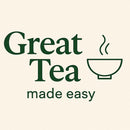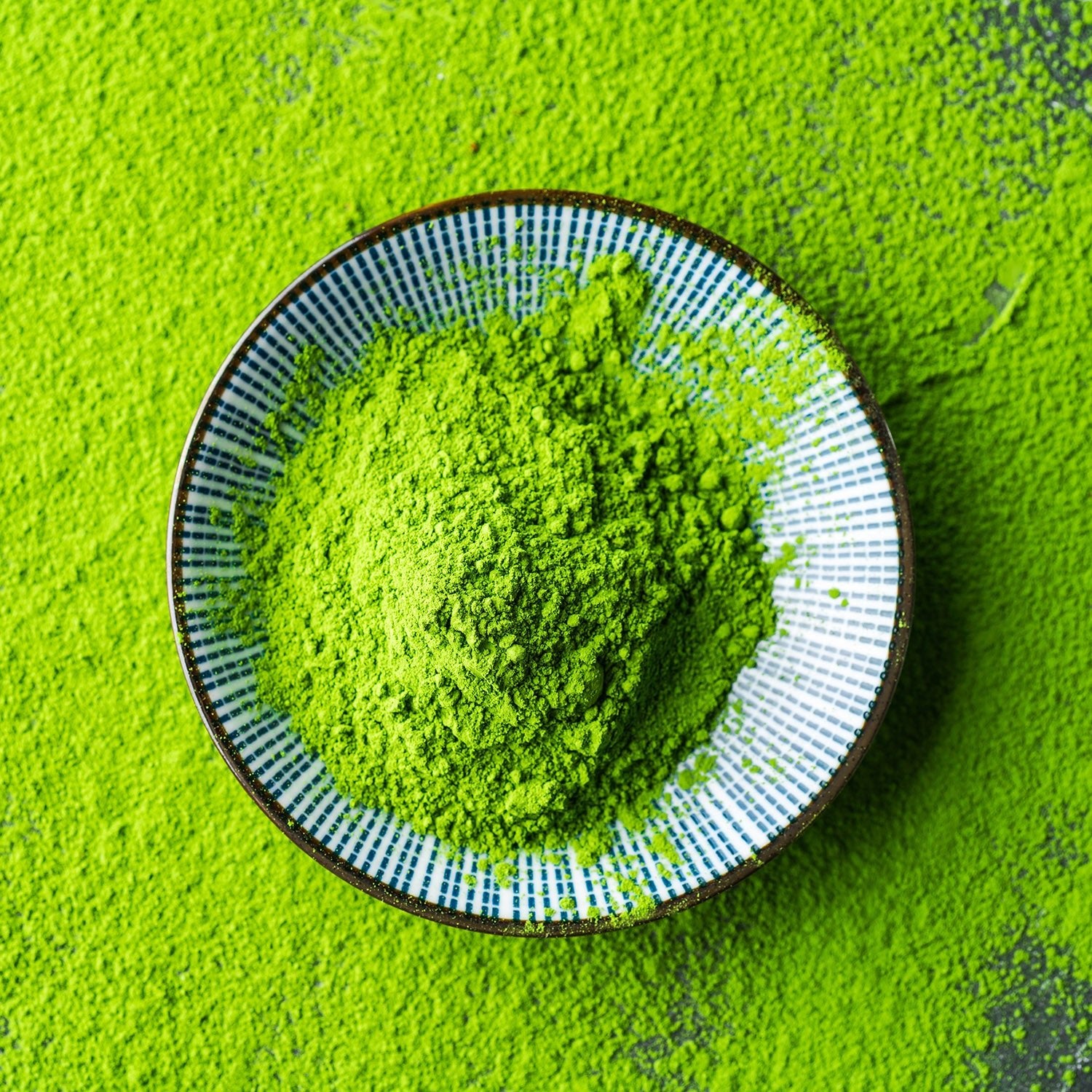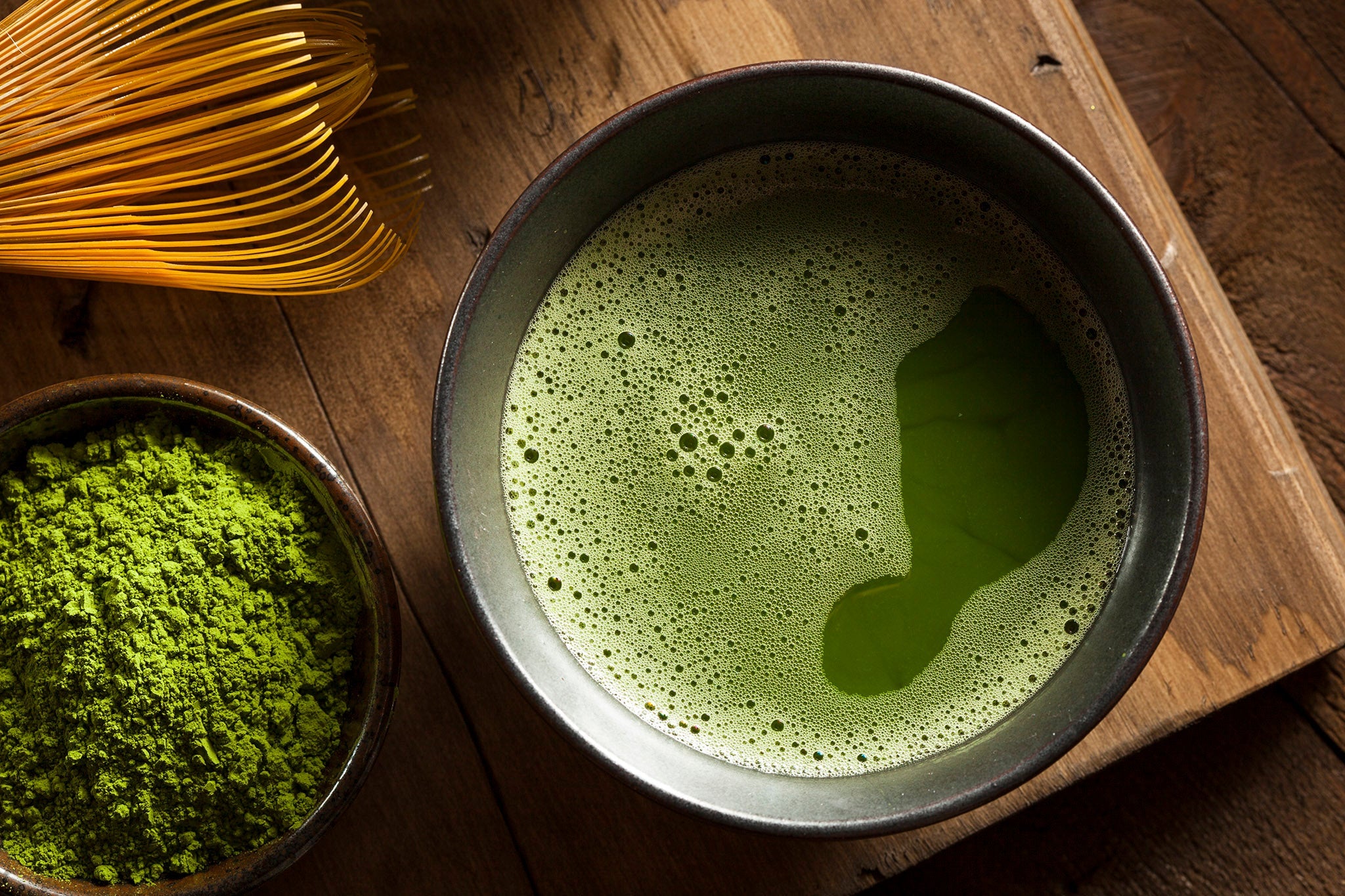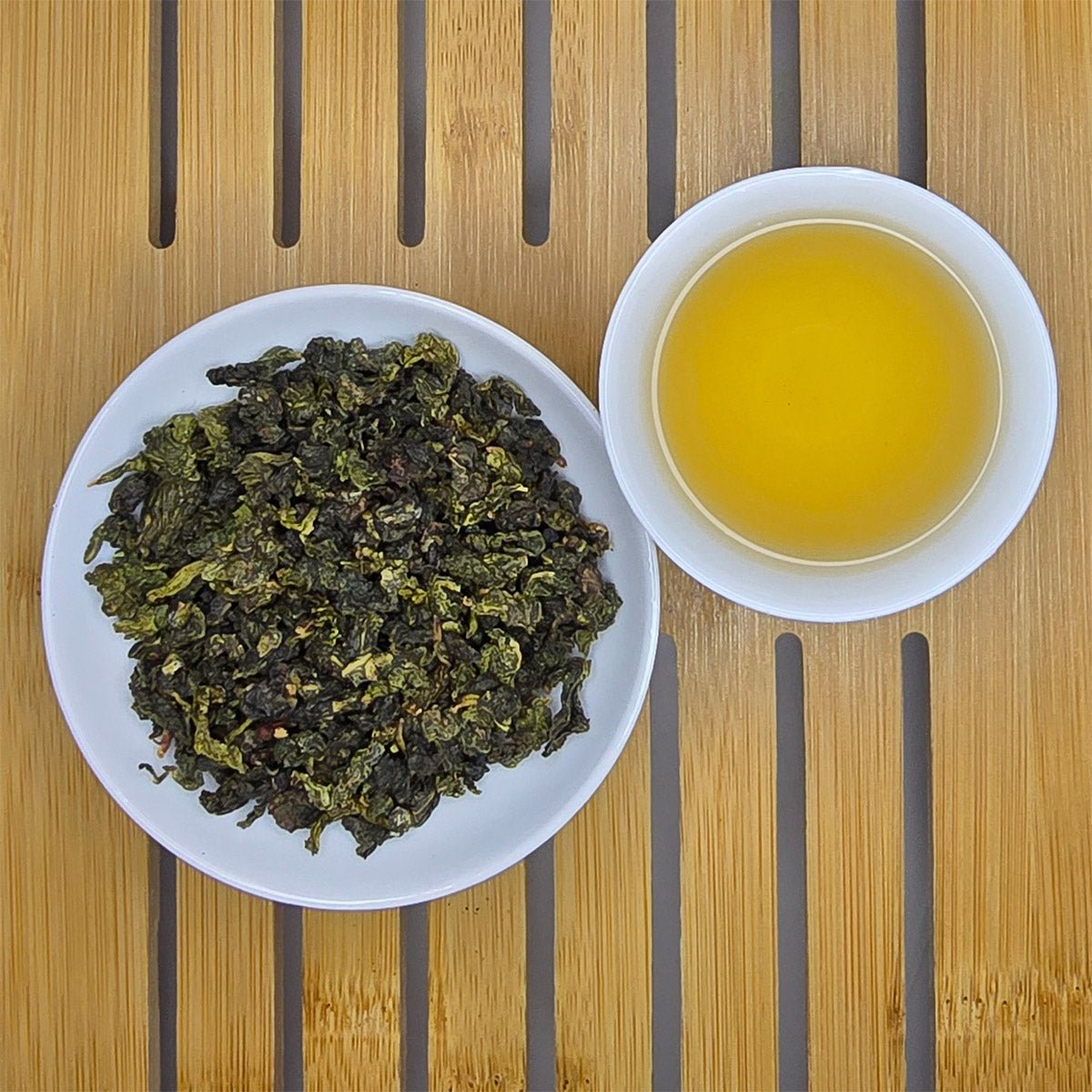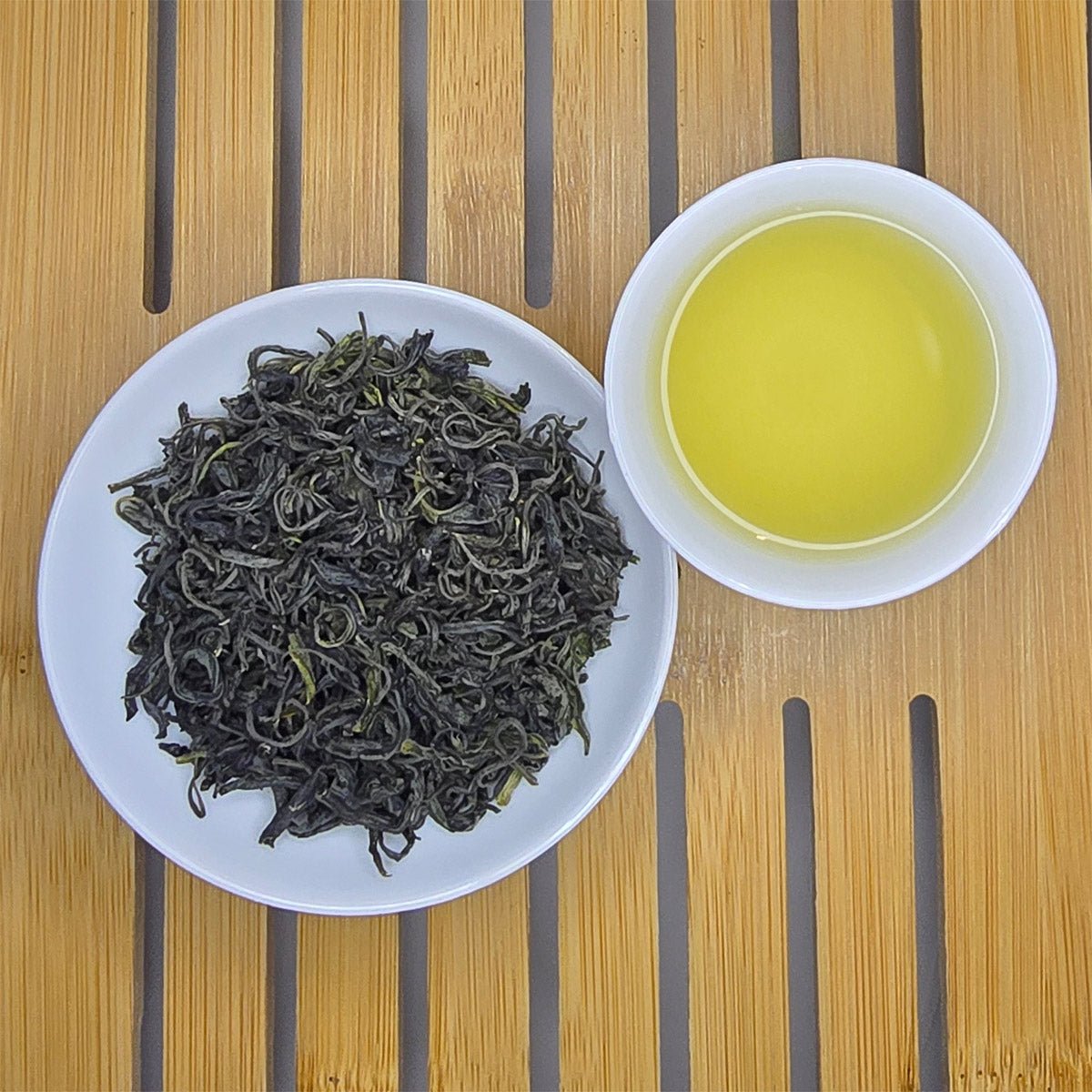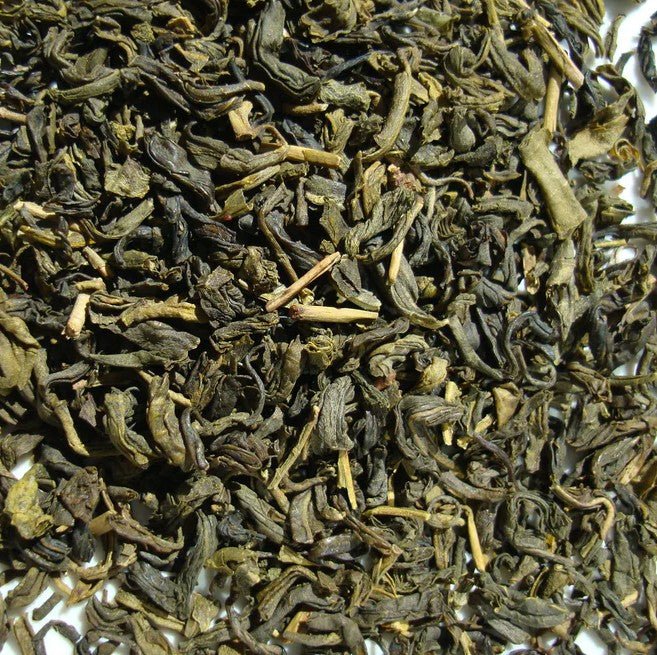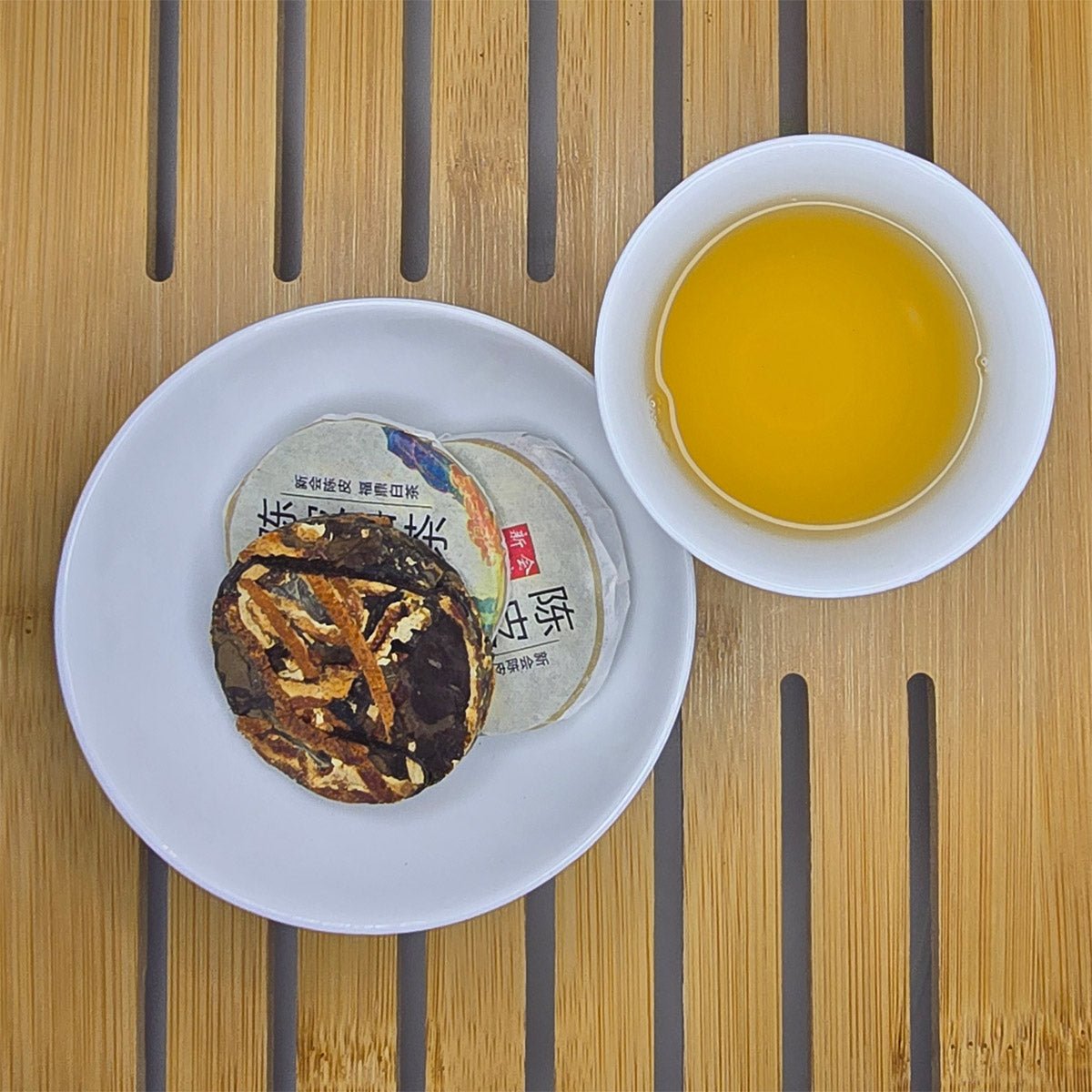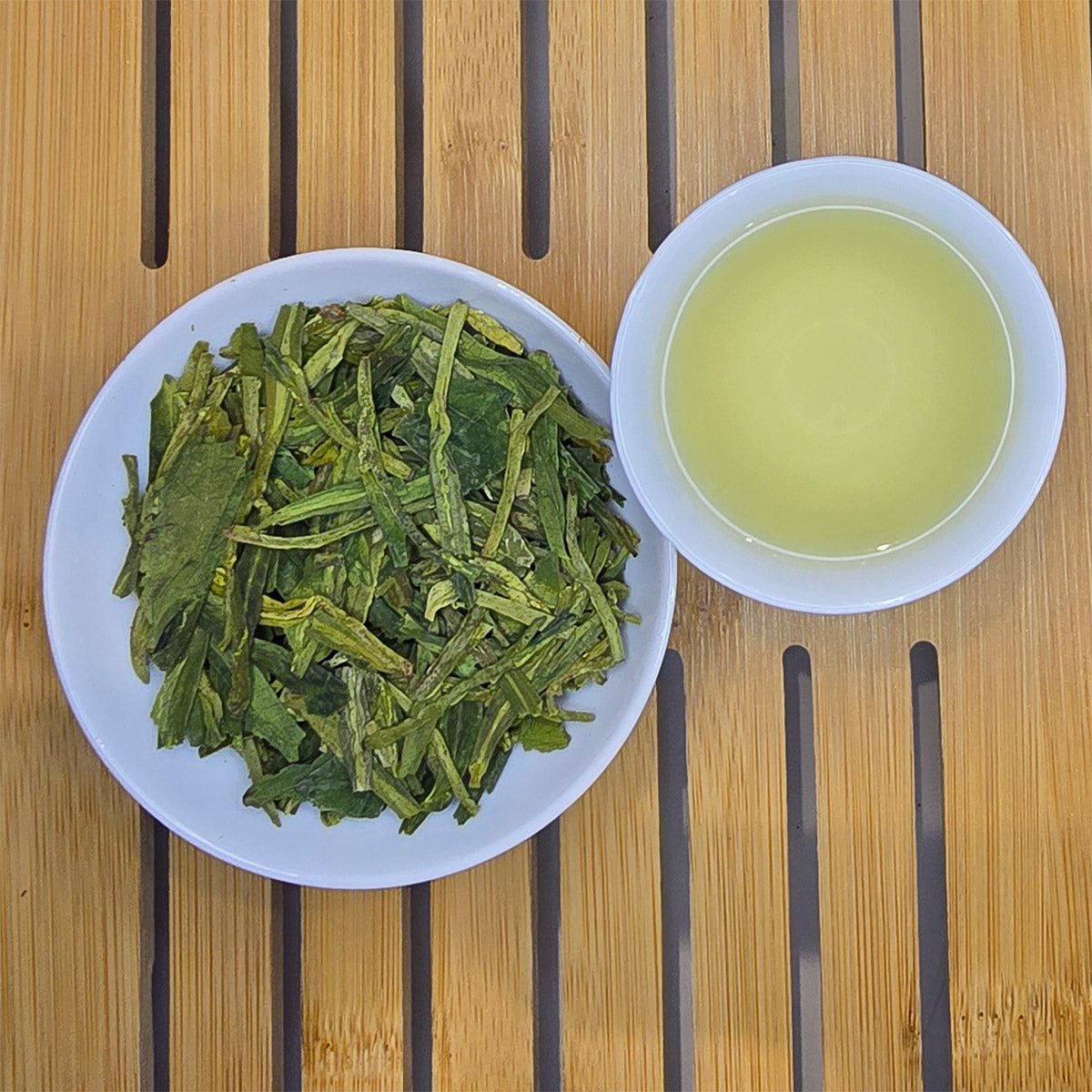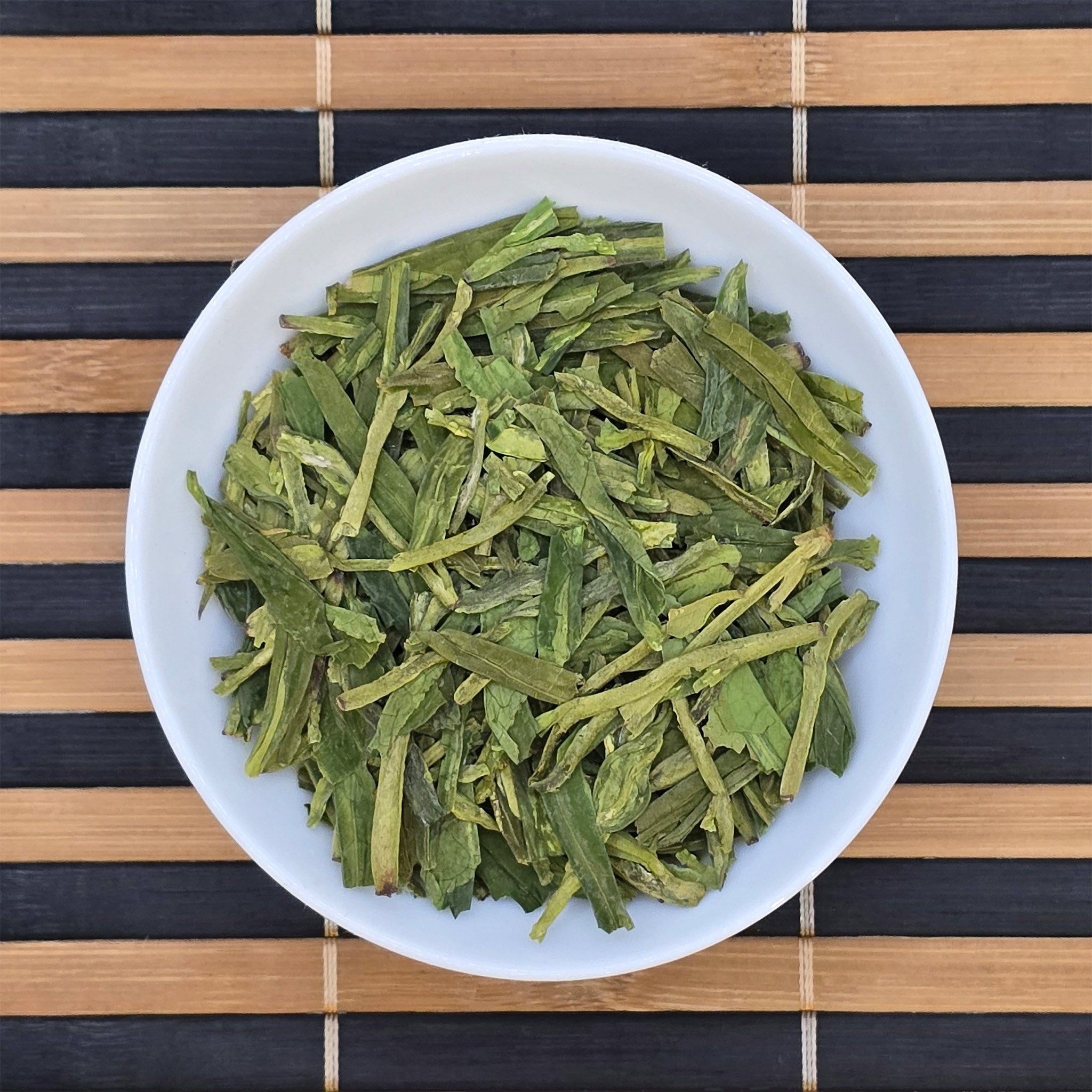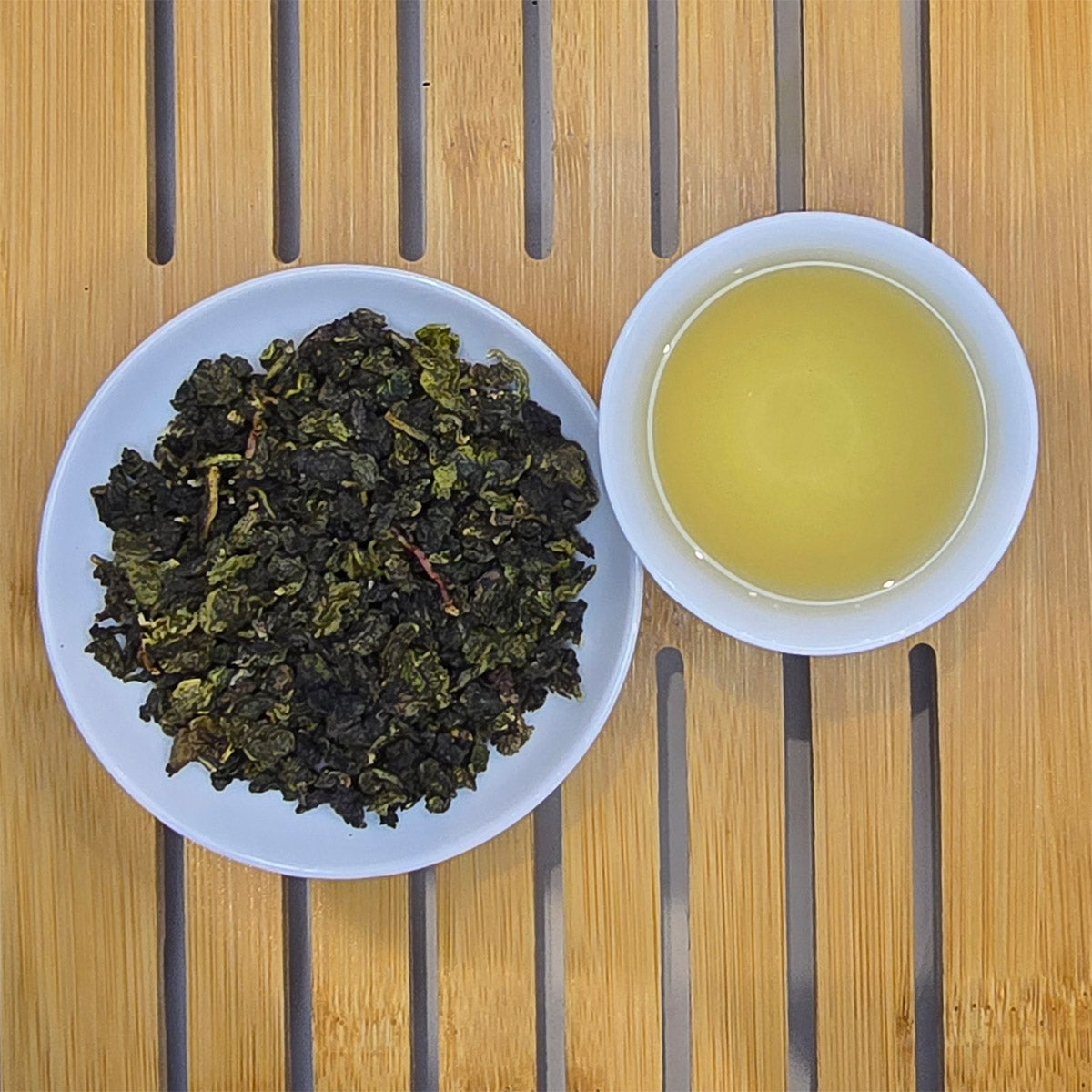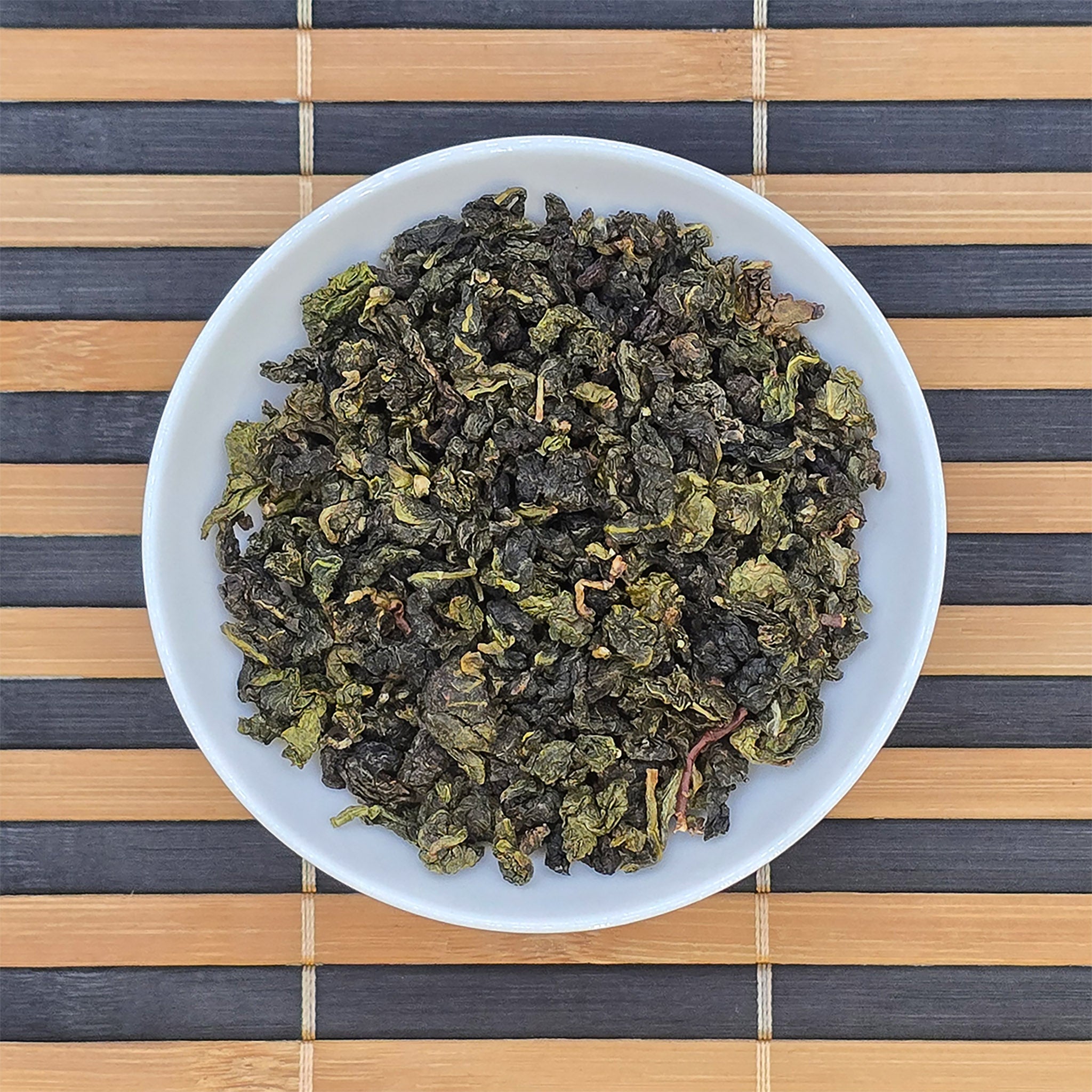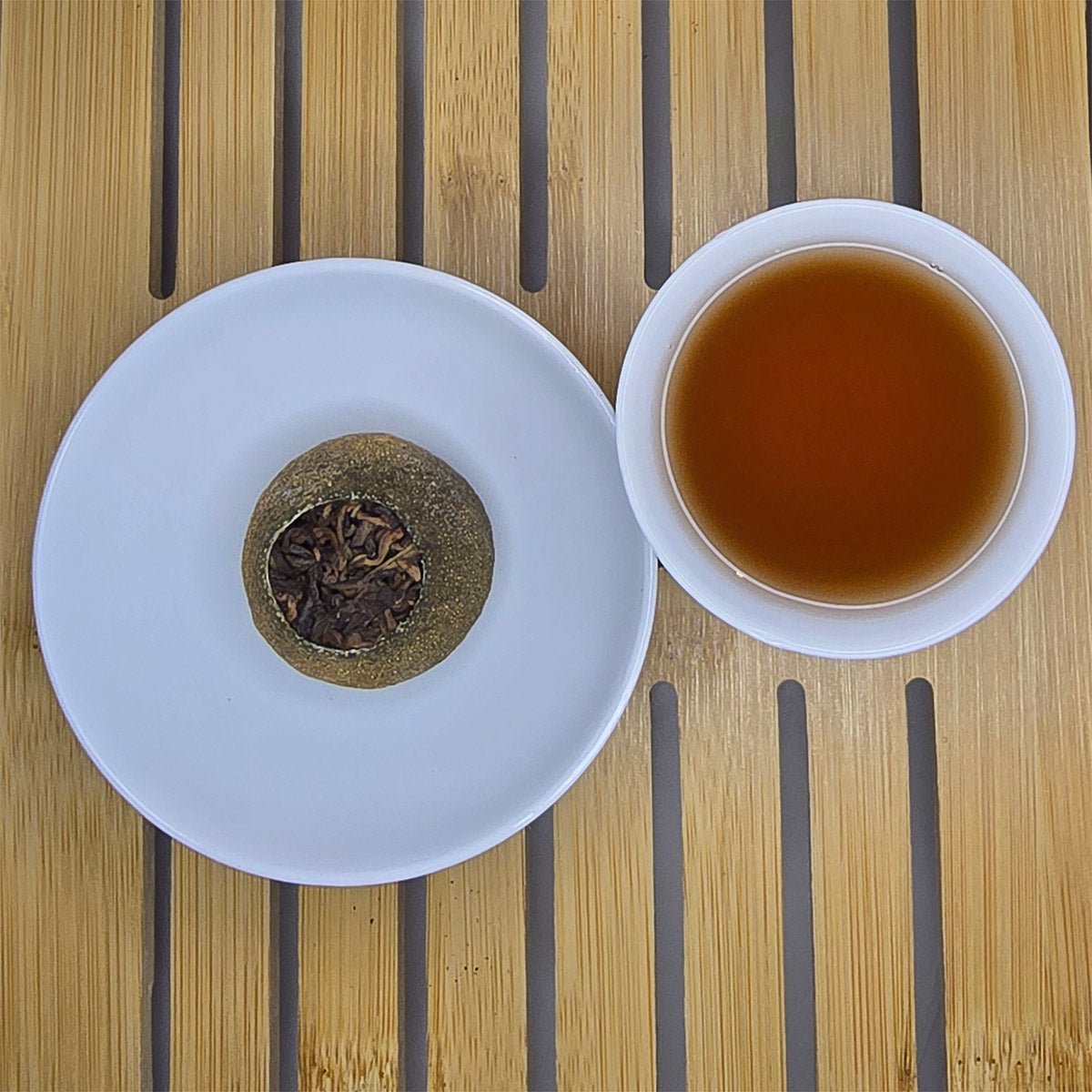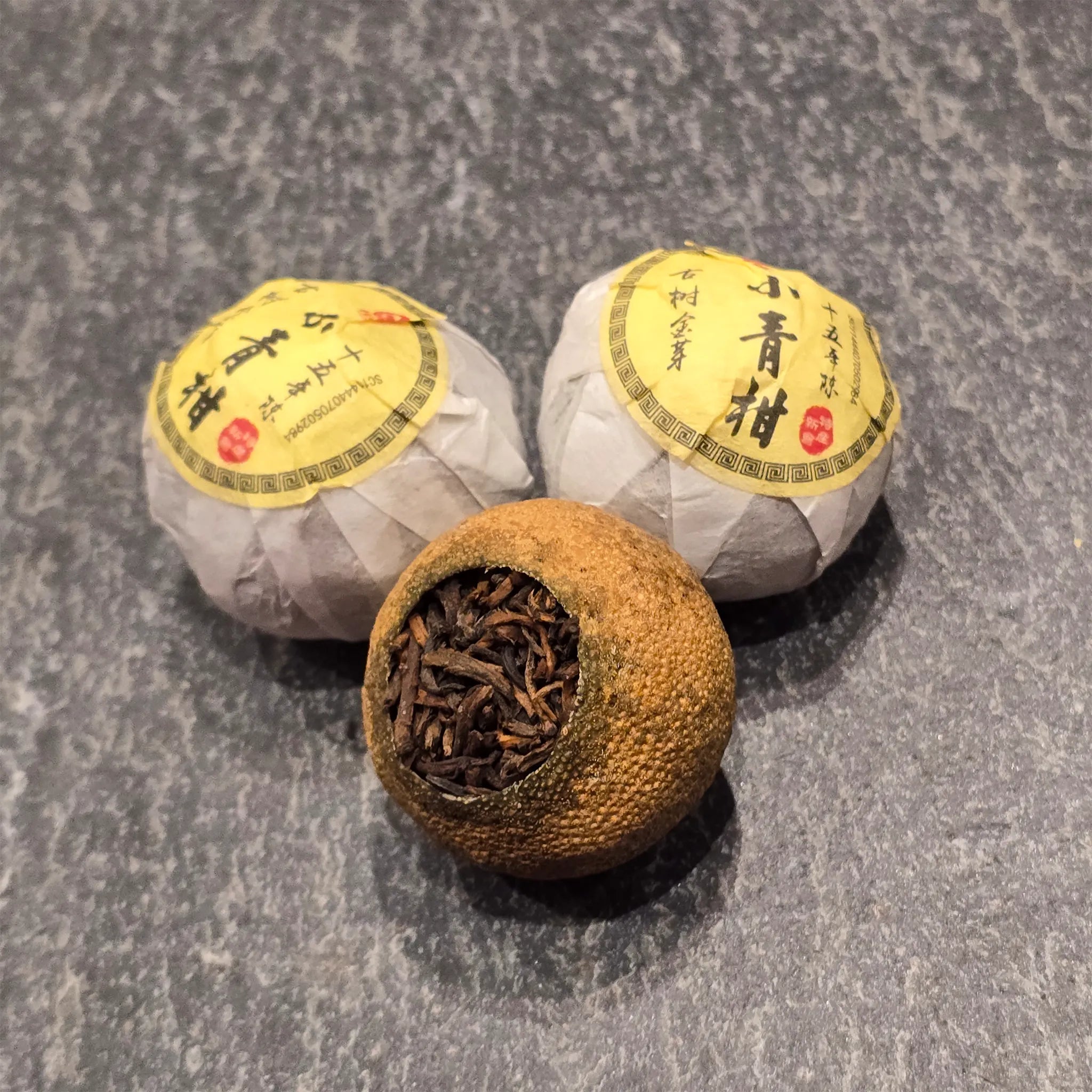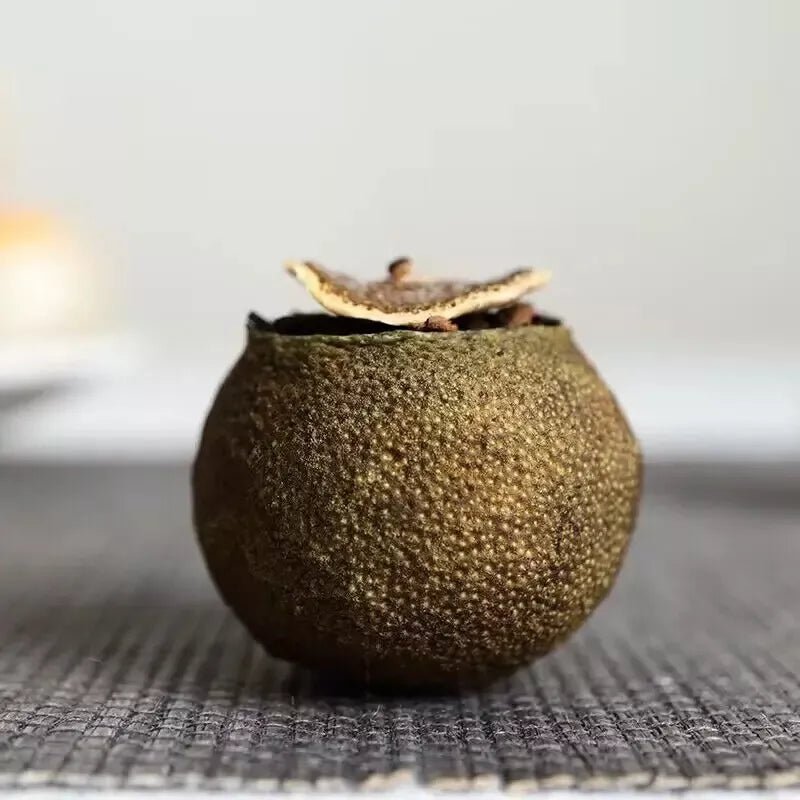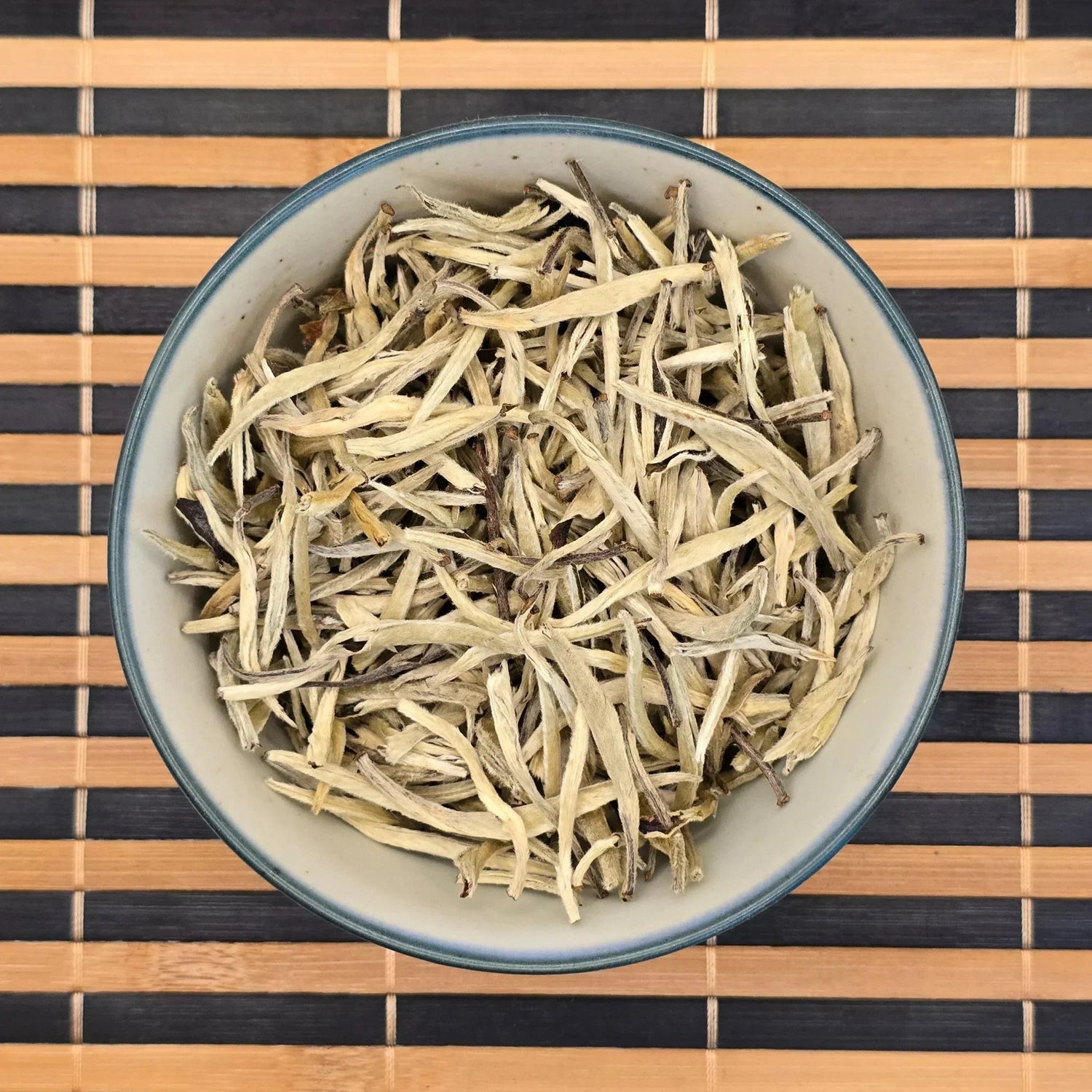"Espionage in the tea industry might sound like a plot from a spy novel, but it’s rooted in real historical events, particularly during the colonial era, when tea was one of the world’s most valuable commodities."

Espionage in the Tea Industry: A Secret War Over Leaves
The Value of Tea in the 18th–19th Centuries
By the 1700s, tea had become a strategic asset, central to economies and imperial ambitions. China held a near-monopoly on tea production, especially highly prized varieties like green and black teas. Western demand—especially in Britain—was skyrocketing, but the West had little to trade that China wanted.
This trade imbalance made tea both economically and politically sensitive, setting the stage for industrial espionage.
The Great Tea Heist: Robert Fortune’s Espionage Mission
Global Context
In the mid-19th century, Britain was desperate to break China's monopoly and reduce its reliance on Chinese imports. The East India Company, one of the most powerful trading organisations in history, launched a secret mission to steal tea knowledge and plants.
Who Was Robert Fortune?
Robert Fortune was a Scottish botanist and plant hunter hired by the British East India Company in the 1840s he was not a military man, nor a seasoned spy, but he knew China well, and its people. His mission: infiltrate China, learn the secrets of tea cultivation and processing, and smuggle back tea plants and knowledge to establish plantations in British India.

Disguise and Deception
To succeed, Fortune disguised himself as a Chinese merchant, travelled into restricted areas (off-limits to foreigners), and observed Chinese tea-processing techniques firsthand. He:
- Collected thousands of tea plant seeds and saplings.
- Smuggled tea workers and equipment out of China.
- Documented detailed techniques for fermentation, drying, and packing.
The Outcome
Fortune’s espionage led to the successful transplantation of Chinese tea plants into the Indian Himalayas, particularly in Darjeeling and Assam. This marked a turning point in global tea production, establishing India as a major competitor to China in the tea market.
Global Impact of Tea Espionage
1. Tea Becomes a Colonial Industry
Thanks to espionage and industrial theft, tea was transformed from a Chinese cultural export into a plantation commodity. British-controlled India and Sri Lanka became major producers, laying the groundwork for today's global tea economy.
2. Shift in Power
The theft of tea knowledge weakened China’s trade dominance and contributed to the broader imperialist exploitation of Asia, including the Opium Wars, which themselves were partly triggered by tea-trade imbalances.
3. The Birth of British Tea Culture
With a secure, empire-controlled tea supply, tea drinking became deeply embedded in British identity, giving rise to customs like afternoon tea and making tea affordable for all social classes.
Modern Echoes: Intellectual Property and Bio-Piracy
While traditional espionage may no longer be prevalent, modern versions exist in the form of:
Bio-piracy: The unlicensed use of indigenous plant knowledge and genetic material, often without compensation.
Trade secret theft: Competing companies in the tea, herbal, and wellness industries sometimes guard proprietary blends, fermentation methods (like kombucha or Pu-erh), or marketing innovations closely.
Geographical Indications (GIs): Regions like Darjeeling, Longjing (Dragon Well), and Tieguanyin have sought GI protection to prevent unauthorised use of their names, similar to how Champagne is protected in France or Stilton cheese in England.
Final Sip: The Secret Life of Tea
Espionage in the tea industry is a striking example of how botanical knowledge, culture, and colonial ambition intersected. The daring theft of tea from China reshaped economies, environments, and cultures around the world.
Next time you sip your Darjeeling or Earl Grey, remember—you’re drinking a cup steeped in secrecy, science, and imperial strategy.

